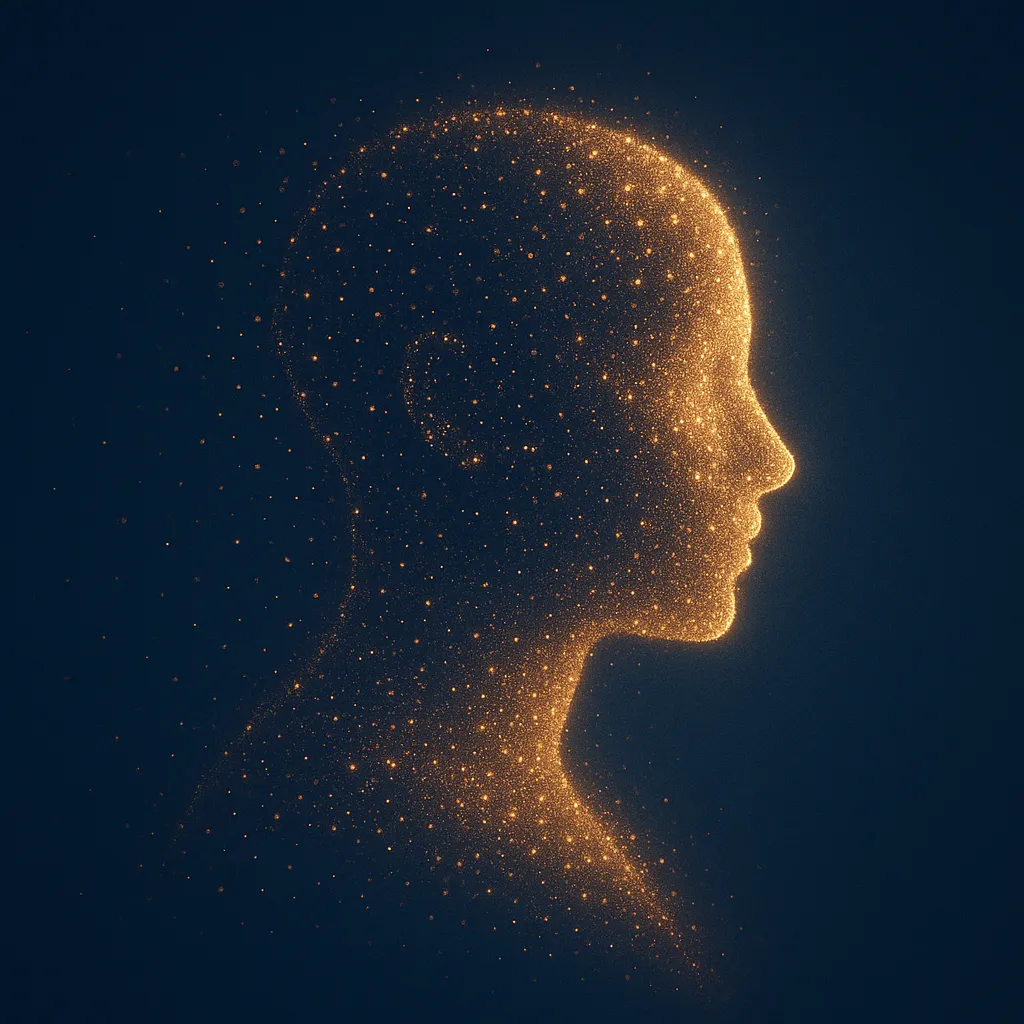OpenAI continues to sharpen its focus on personalized consumer AI experiences through its latest acqui-hire — the Israeli startup Roi, known for developing AI-powered tools that help users manage digital information more efficiently. The move underlines OpenAI’s growing ambition to make ChatGPT and its related products deeply personal, context-aware assistants rather than general-purpose chatbots.
A Strategic Move Toward Personal AI
According to TechCrunch, OpenAI’s acquisition of Roi is not merely about absorbing new talent. It’s a targeted effort to accelerate the company’s roadmap toward personalized consumer AI, a vision CEO Sam Altman has hinted at repeatedly throughout 2025. Roi’s technology — designed to automatically summarize, organize, and retrieve user information across documents and applications — aligns closely with this direction.
The startup’s small but specialized team has now joined OpenAI, where they’re expected to work on features that make ChatGPT more adept at understanding individual user contexts. This could mean smarter memory features, better retrieval of past conversations, and tools that adapt to users’ habits, workflows, and preferences over time.
Building a “Memory Layer” for ChatGPT
OpenAI’s long-term strategy increasingly revolves around turning ChatGPT into what insiders describe as a “personal operating system” — an AI that remembers, adapts, and interacts with users as if it knows them. Roi’s technology could serve as a building block in that vision, adding robust information retrieval and data organization capabilities.
Earlier in 2025, OpenAI began testing ChatGPT’s memory feature, which allows the chatbot to recall user details across sessions to provide more contextually relevant answers. Integrating Roi’s expertise could help refine and expand this system, making it both more intuitive and secure.
The Consumer AI Race Heats Up
The acquisition also positions OpenAI competitively against rivals such as Anthropic, Google, and Meta — all of whom are racing to develop AI assistants that feel more personal and proactive. With the addition of Roi’s team and technology, OpenAI strengthens its edge in creating a seamless AI experience that bridges the gap between conversational intelligence and personalized assistance.
While OpenAI hasn’t disclosed financial details of the deal, the company’s repeated focus on consumer products like ChatGPT, voice features, and memory systems signals that personalization is central to its growth strategy.
A Glimpse of What’s Next
Industry analysts view this move as part of OpenAI’s broader attempt to evolve from being just a research-driven company to a consumer-first platform. As generative AI becomes mainstream, the next big challenge is personalization — making AI tools that not only generate responses but also understand users deeply.
With Roi’s integration, OpenAI seems to be moving decisively in that direction.
